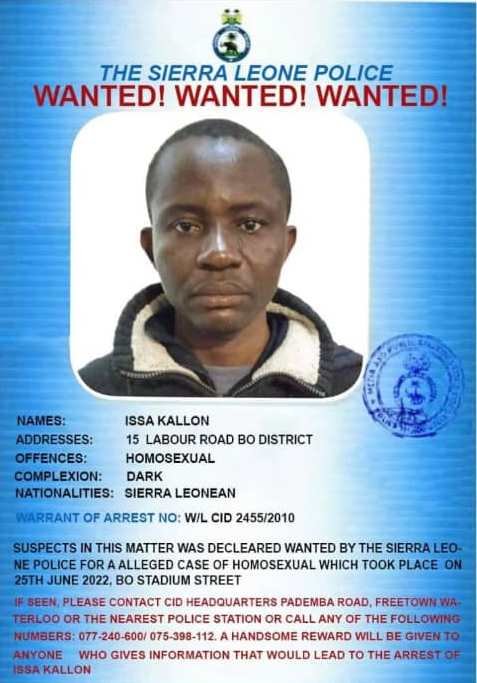Malawians are not the first people to have restored dignity on African democracy. They are second in East Africa to do so after their sister country, Kenya.
The landlocked nation in East Africa had nullified a whole country’s election results because of irregularities in May 2019 election. The Constitutional court there, chaired by a panel of five judges, ruled that the incumbent Peter Mutharika who was declared winner by Malawi Electoral Commission, needed to re-contest again with his opponents.
The incumbent president Mutharika pulled 38.6 per cent defeating his main challenger, Lazarus Chakwera, by narrowly 159,000 votes, according to a report by BBC. Chakwera secured 35.4 percent and the third opponent, Saulos Chilima got 20.2 per cent.
But on February 2019, Malawi’s Constitutional court annulled Mr Mutharika’s victory, citing vote tampering, BBC’s Africa correspondent, Andrew Harding, had reported.
The court ruled that Malawi’s parliament must consider recalling the current electoral commission to “ensure smooth conduct of fresh elections.”
The judges in Malawi, according to BBC, did not rule that the May election was ‘stolen.’ But they simply said the evidence of rigging was so widespread and blatant that the “integrity of the result was severely compromised.” The judges also advised the Malawi’s first-past-the post system of electing new president was unconstitutional which threshold was below 50 %.
President Mutharika who was earlier sworn in May after being declared the winner of 2019 vote lost a re-run election conducted in June 2020. Many Malawians, especially in the capital Lilongwe, said the decision by the judges was a complete ‘victory for democracy.’
Later, Malawi’s opposition leader Lazarus Chakwera won the incumbent president Mutharika by 58.57 percent of the votes in June 2020.
Malawi is not the only country to raise the bar of Africa’s fledgling democracy, Kenya has been the first country in Africa to annul a presidential results.
Sierra Leone might be the third country to get a re-run of election but the decision to do so may not come from the country’s law courts.
And many people wonder if that is possible to do so outside a court. This is because the West Africa small nation, Sierra Leone’s judiciary suffers serious defects by a collation of opposition parties.
Despite the main opposition APC, which was defeated by SLPP in the June 24 election, it has called for a re-run of the general elections within six months, it is not deciding to get a hearing from the country’s Supreme Court unlike in Kenya. The incumbent president Julius Maada Bio of the SLPP got 56.17 % of the total ballots while Dr Samura Kamara of the APC had 41.16 % share of June votes. Bio is re-elected to run a second term amidst international observers’ distrust of the presidential results announced by electoral commissioner, Mohamed Konneh. EU, UK, Germany, USA and NEW, a team of local observers, are not satisfied by the results by electoral commission. They said their data from polling stations across the country don’t match with electoral commission’s results.
Observers predicted run-off elections because both candidates were believed not to have got the constitutional threshold, 55 %. Observers have also asked Sierra Leone’s electoral commission to publicly post elections results but which the commission is yet to do.
However, Kenya, an East Africa country, had had a presidential results be declared ‘invalid’ by its Supreme Court in August, 2017. The election commission declared incumbent Uhuru Kenyatta the winner by a margin of 1.4 million votes, a BBC report says.
However, the court there also found ‘irregularities’ in Kenya’s election and ordered a new one be conducted within 60 days.
Kenyan Justice Maraga said the election commission had failed to conduct the presidential election in a manner consistent with the dictates of the constitution. But many EU observers said the election was largely free and fair and called on Raila Odinga to accept defeat.
In Kenya, Carter Center, US election mission, assessment of the election was used in Court. Odinga, who was 72, never trust the electoral commission and the judiciary. But when the Supreme Court annulled the presidential results, Odinga confidence was rekindled: “The ruling marked a historic day for the people of Kenya and by extension for the people of the continent of Africa.”
“It is now clear that the real election results were never shared with Kenyans. Someone must take responsibility,’’ quotes by the BBC.
But the court never ruled in favour of Odinga in August 2017 election and he also lost Kenya 2022 election to William Ruto.
In Sierra Leone, the opposition party is planning to forward its election case to ECOWAS court.
APC’s head of Elections Management Committee, Lawyer Ahmed Sesay, touted the party next plans to seek justice on allegations of irregularities in June 24 elections.
“During polling day, electoral officers flouted the law on verification; we had in the past raised many concerns with Political Parties Regulation Commission and Electoral Commission for Sierra Leone but our complaints were never being addressed by the respective commissions,” Sesay said.
As many Sierra Leoneans and opposition party members sit on the fence, they wish to see a true democracy and the rule of law working for all.

























































































































































































































































































































































































































































































































































































































































































































































































































































































































































































































































































































































































































































































































































































































































































































































































































































































































































































































































































































































































































































































































































































































































































































































































































































































































































































































































































































































































































































































































































































































































































































































































































































































































































































































































































































